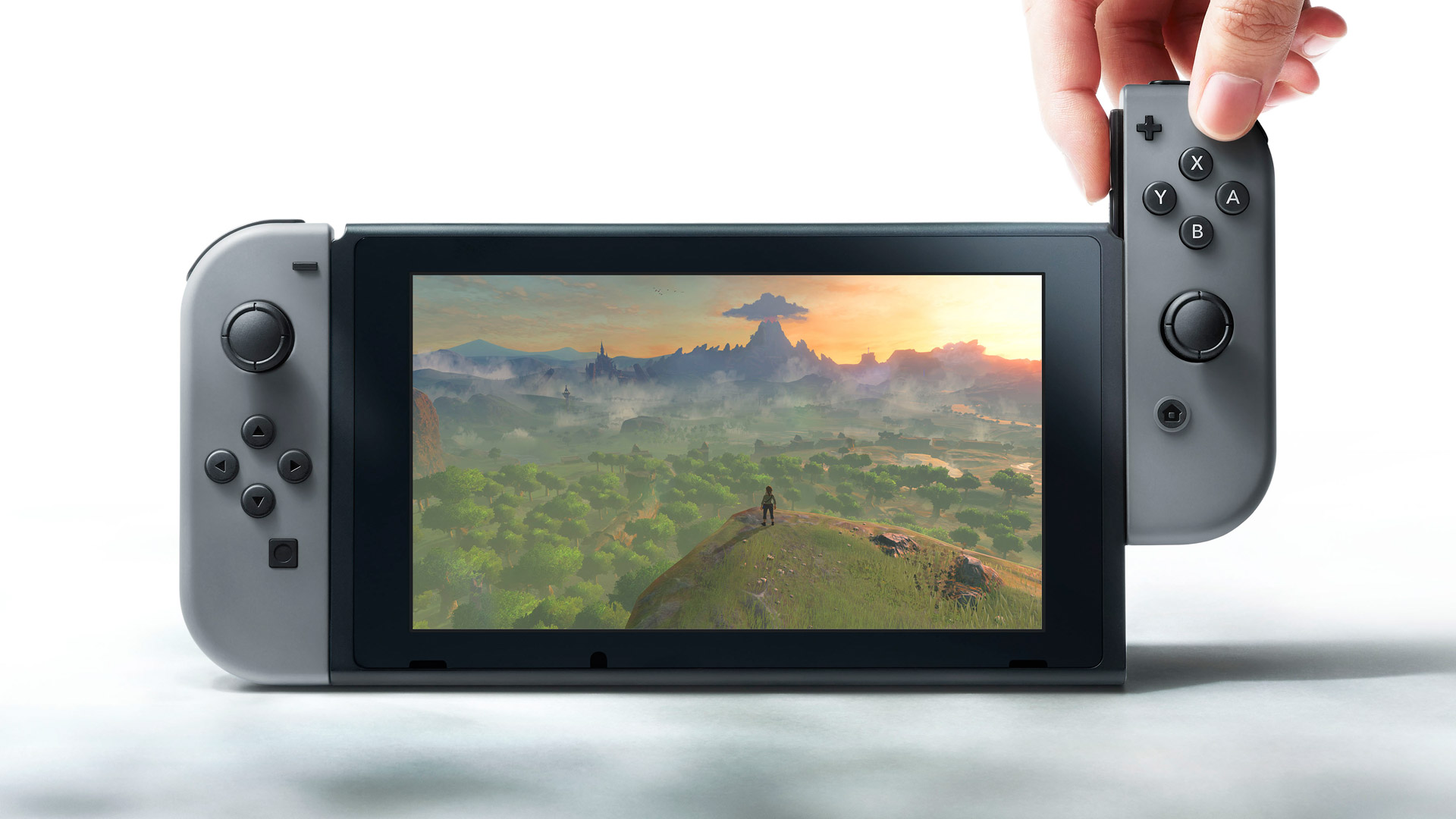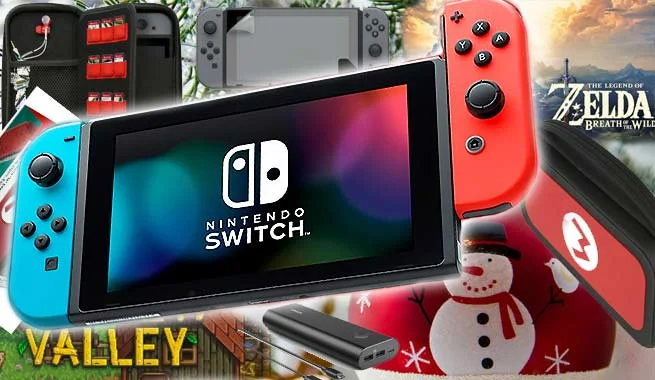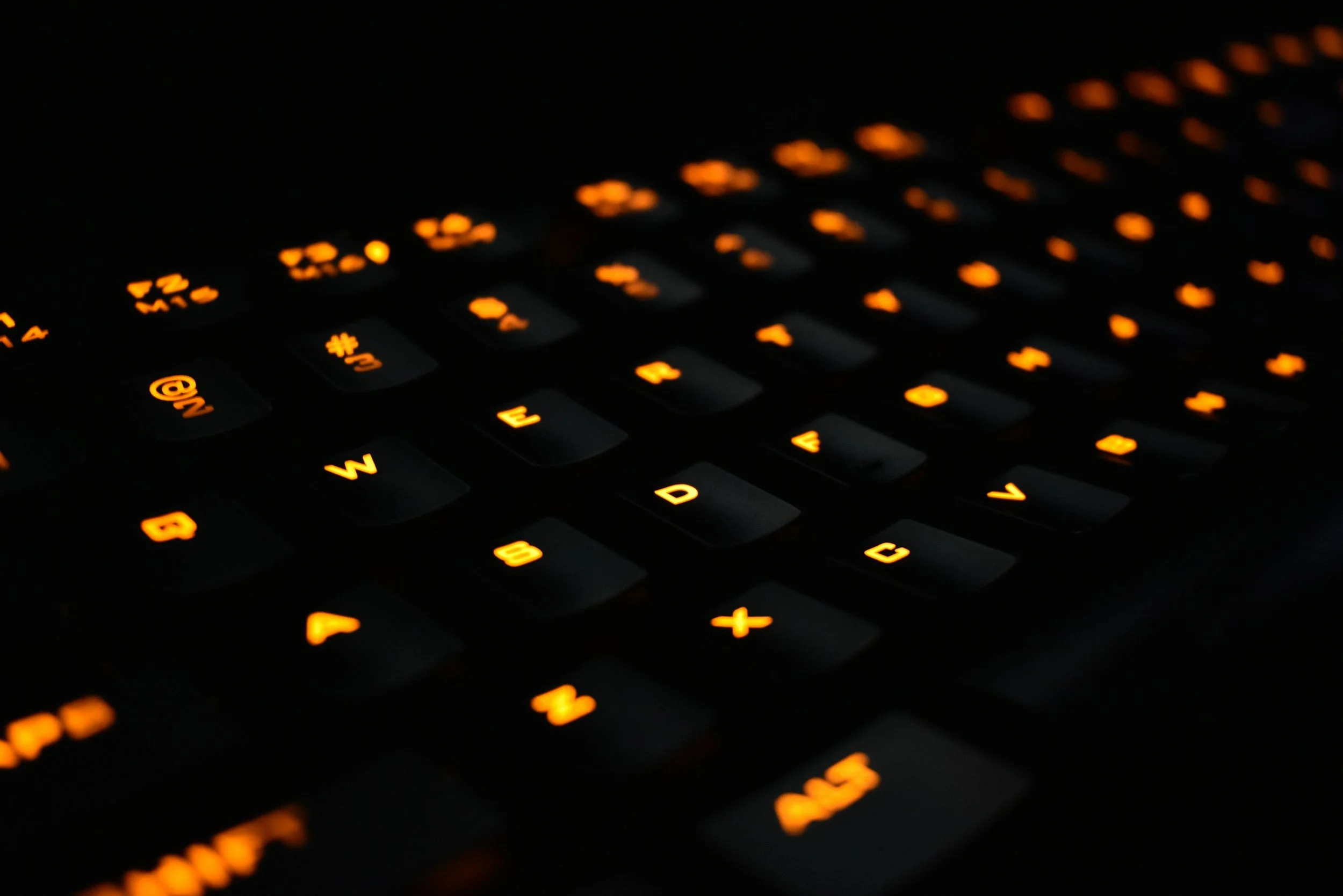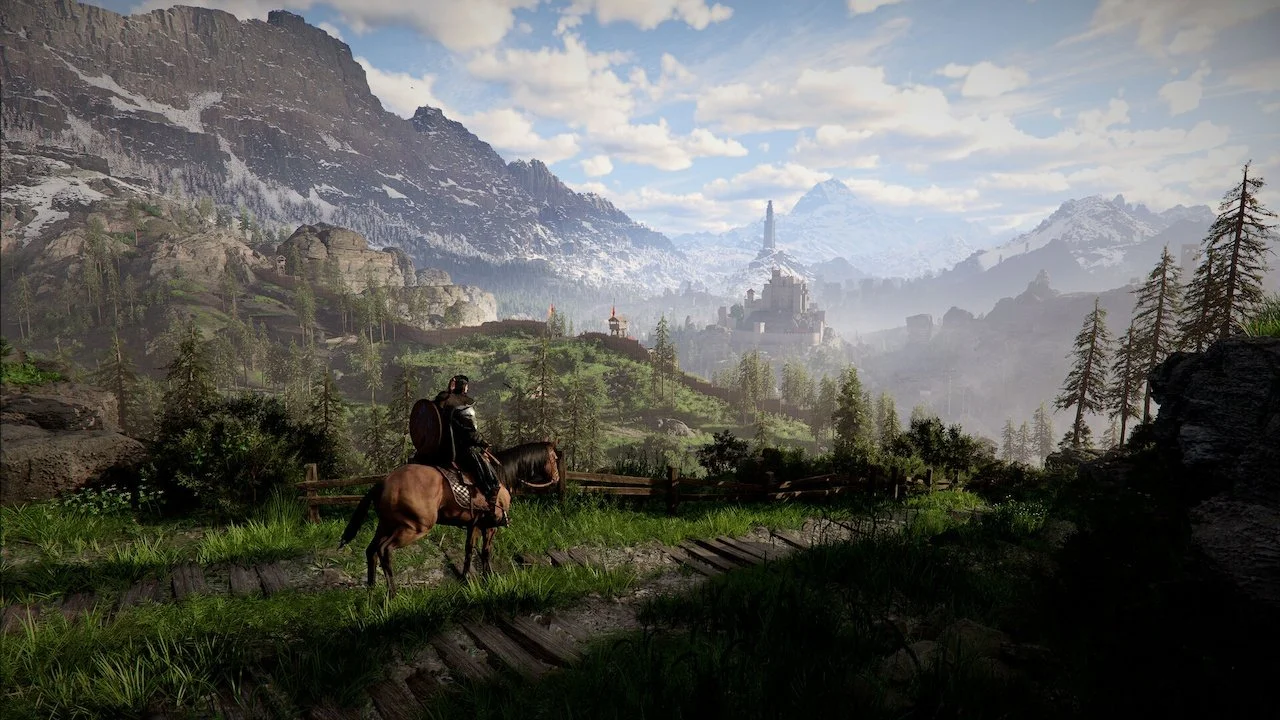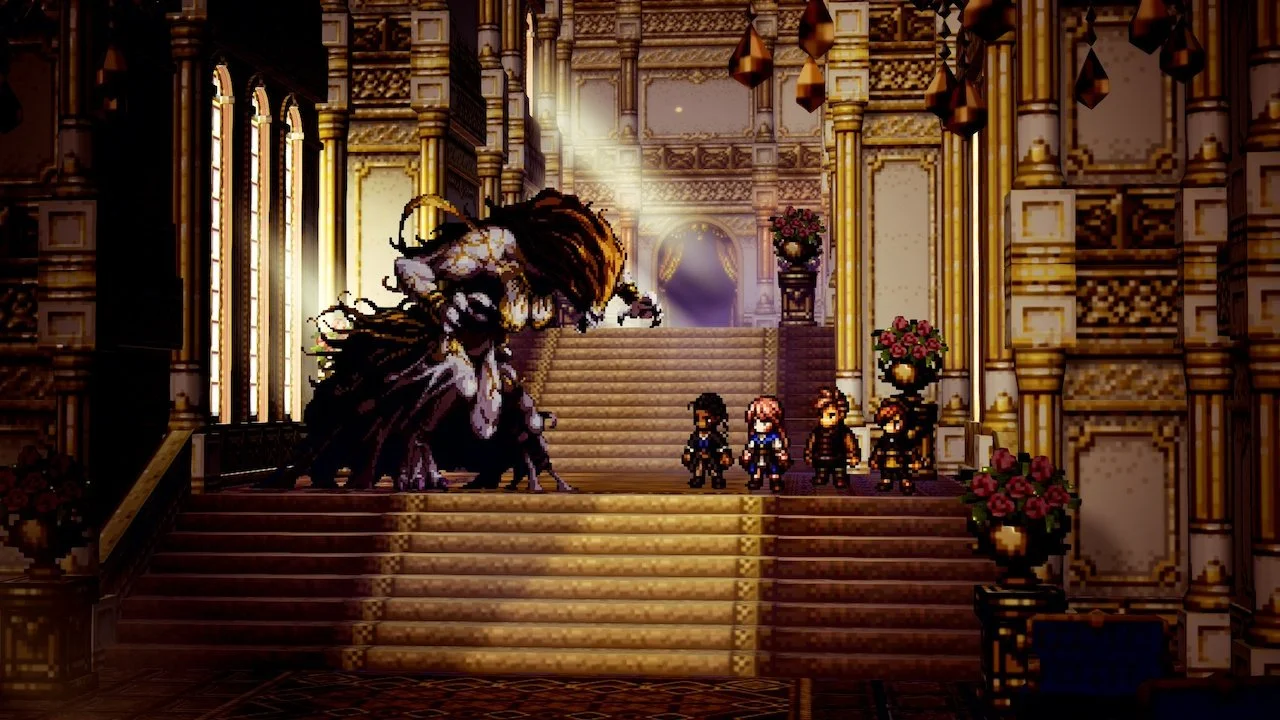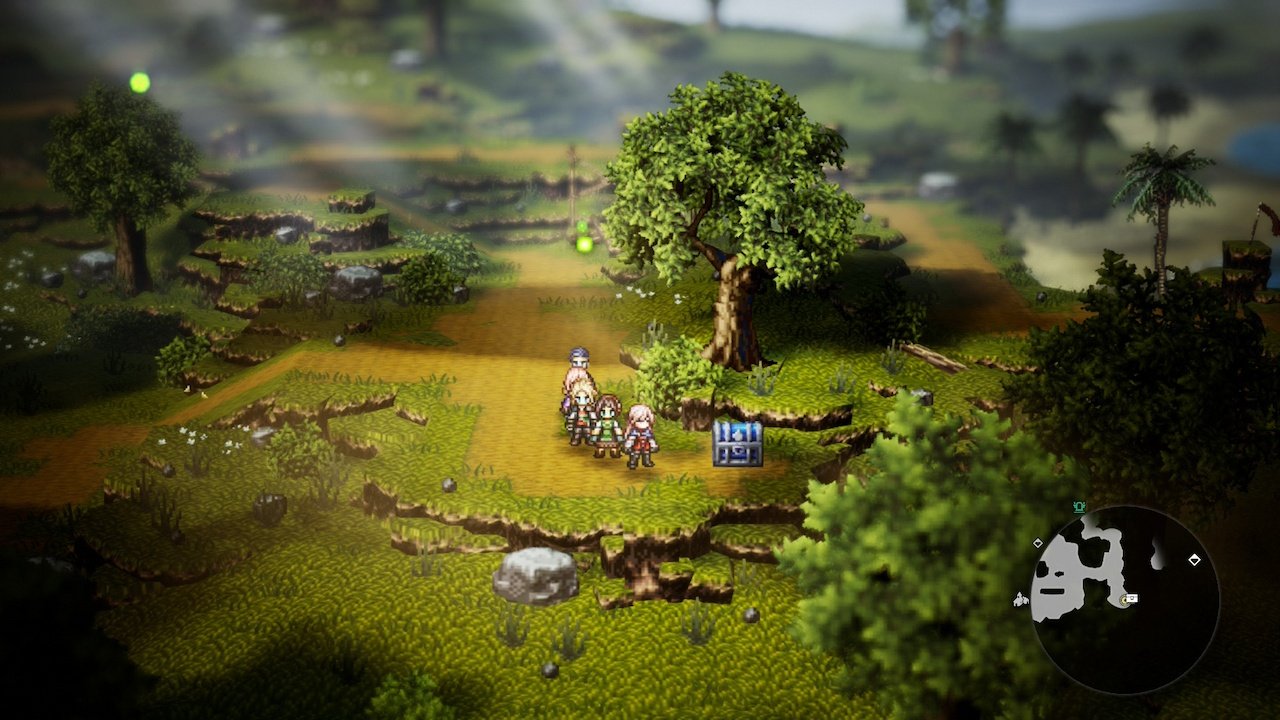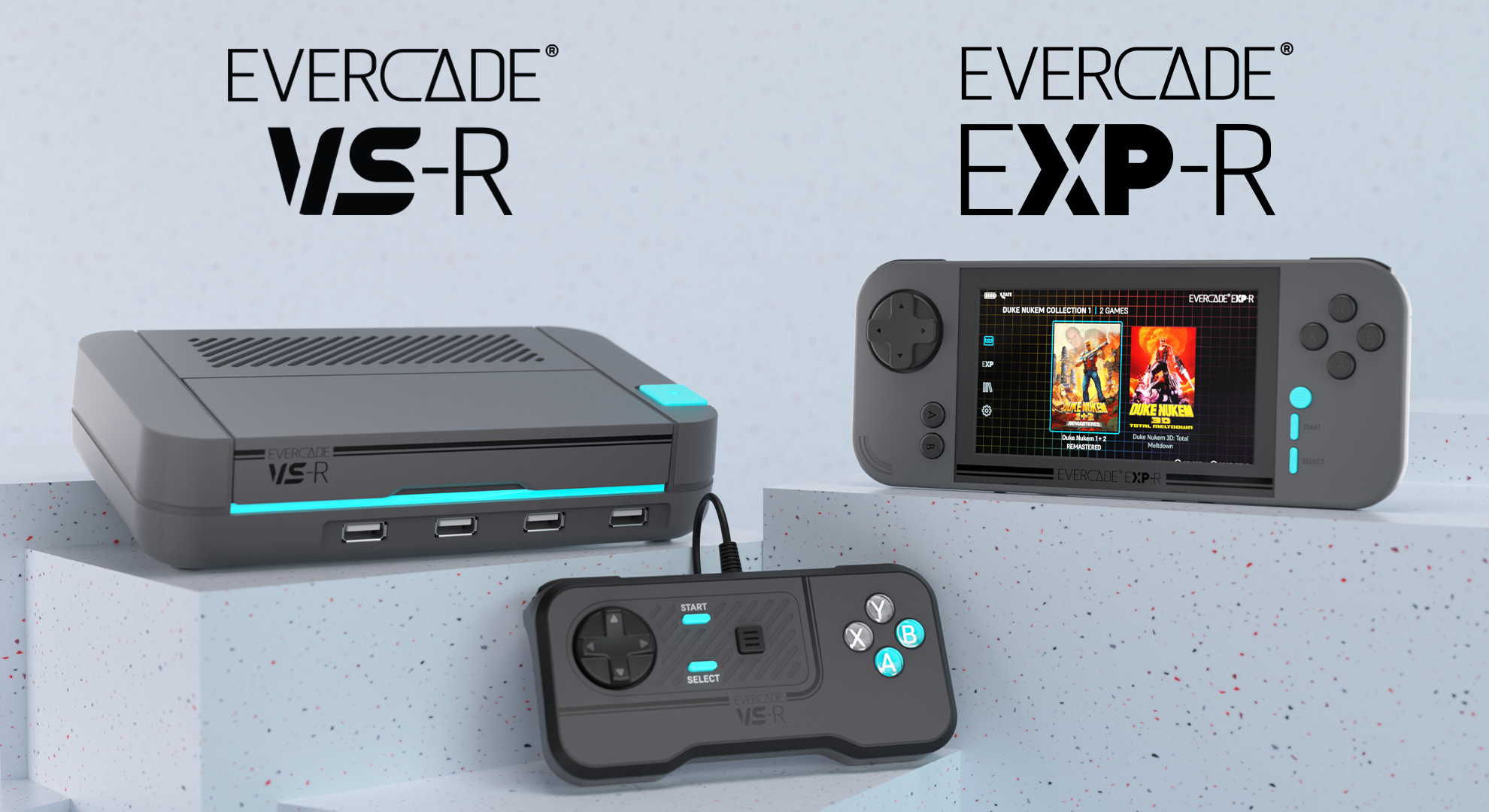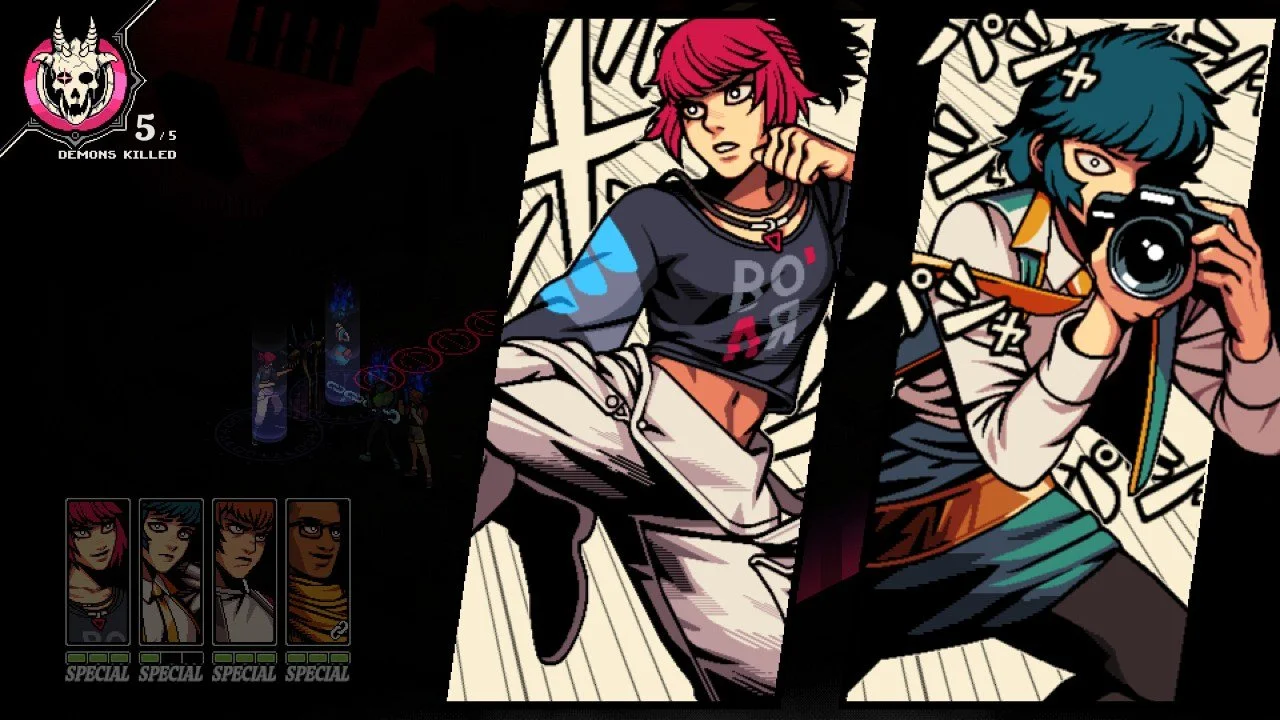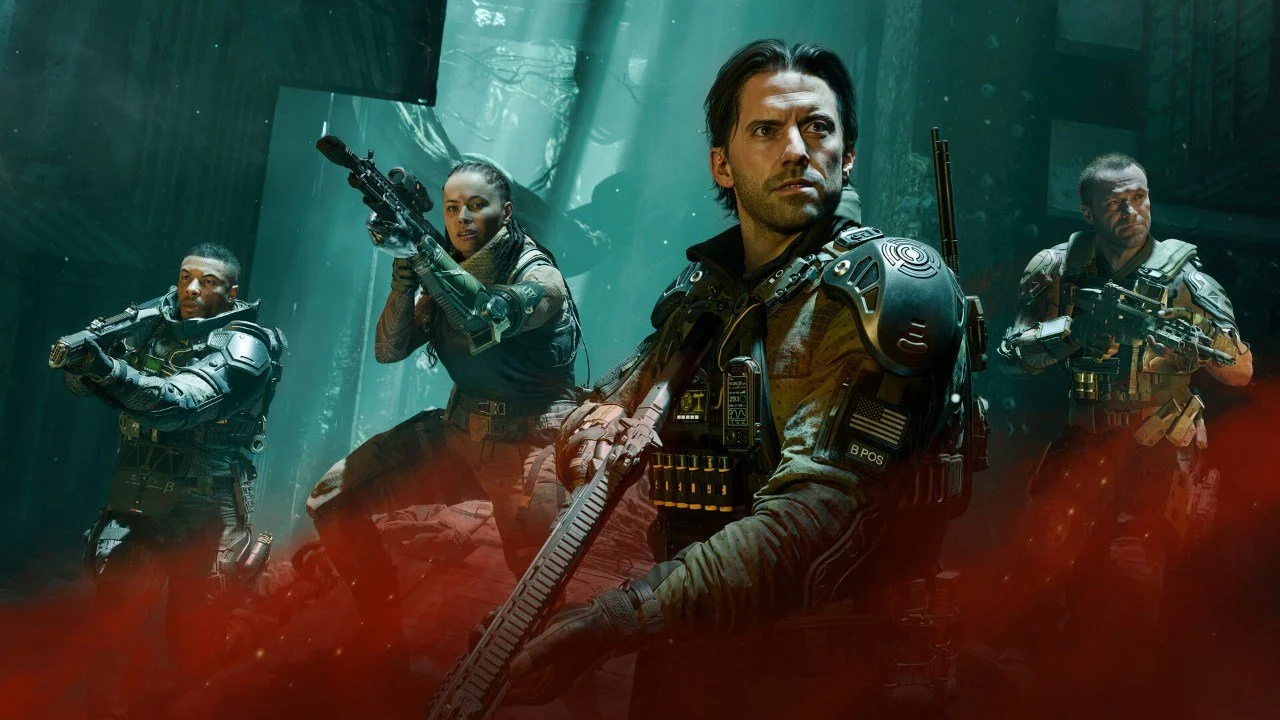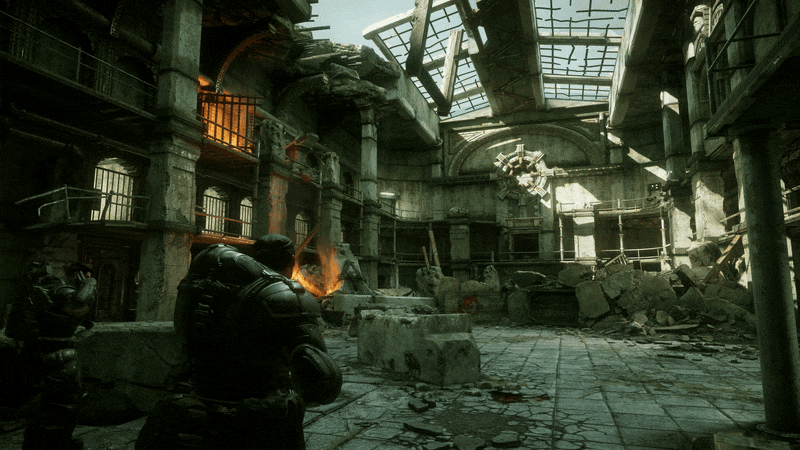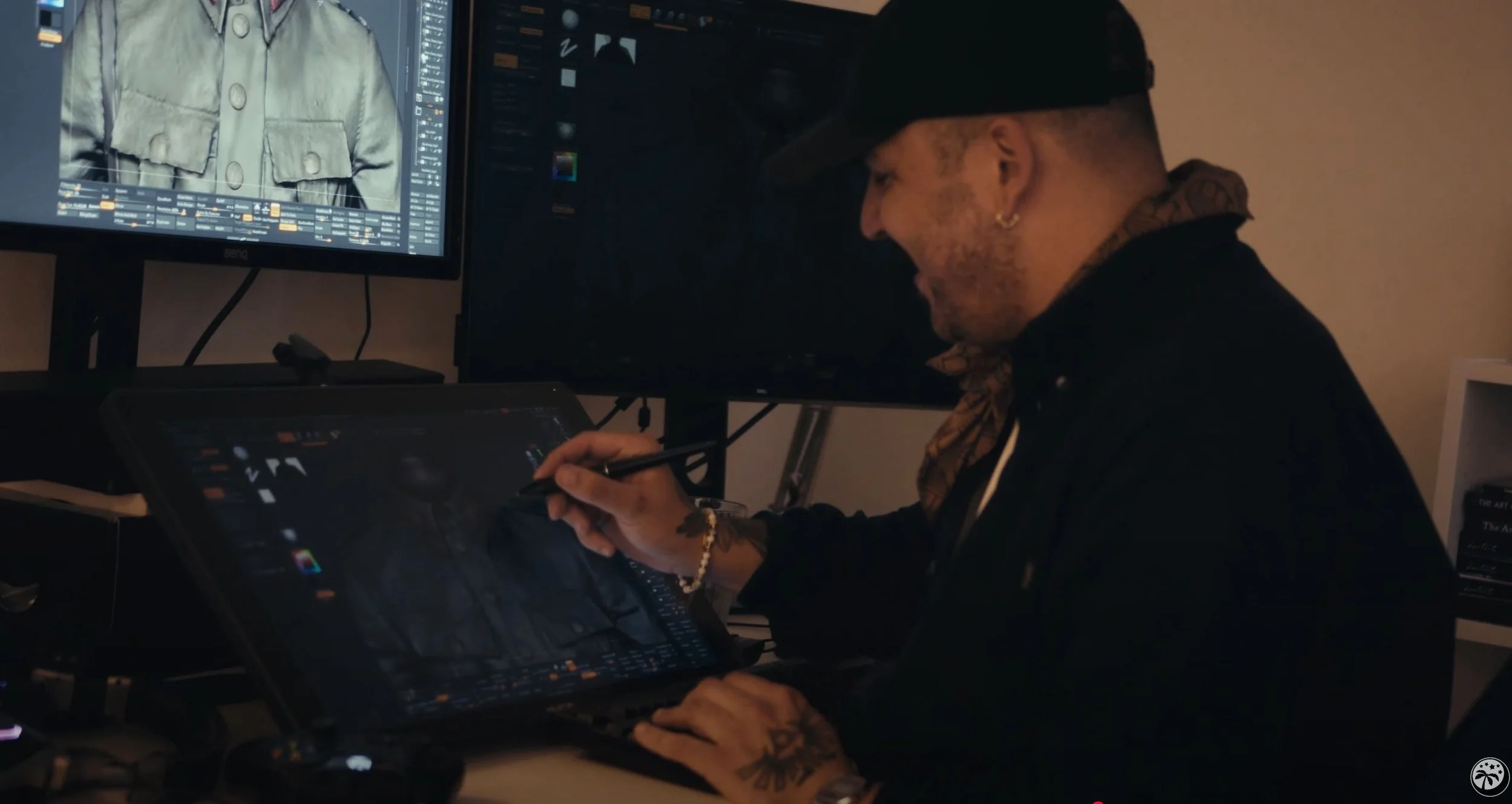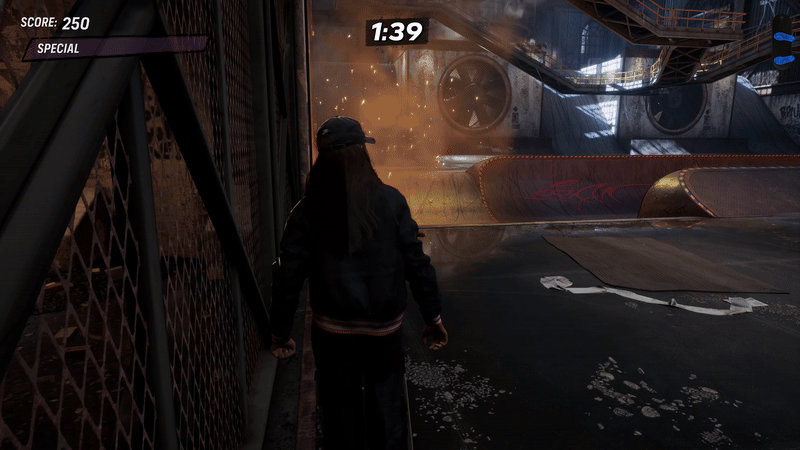Image Credit: CNET
Like many gamers, my life has been completely overtaken by playing The Legend of Zelda: Breath of the Wild on the Nintendo Switch. Although I have only recently been able to purchase a Switch (thanks to world-wide shortage of them) I'm starting to remember what made Nintendo so special to those of us who have pre-Wii history with their games. Breath of the Wild reminds us the pleasure of exploring the unknown. Splatoon 2's Global Test Fire shows that third-person shooters don't have to be violent. Even Snipperclips proves that Nintendo still has the ability to create unique and mind-twisting puzzles. Truly, their strong suit is in developing and publishing their specific brand of games. Where Nintendo has been lacking, however, is with their hardware development.
Calling the Nintendo Switch an "excellent console" is a fair assessment. Calling the Switch a "revolutionary console" gives it too much praise for what it is. The console has the ability to be taken with you anywhere you go, provided you keep the battery at a reasonable level. You can even choose to play with the screen attached to the JoyCons or sitting on a surface in front of you (as I am doing while writing this article). This portability is what makes the Switch an "excellent console." With this awesome gimmick, Nintendo has persuaded consumers to overlook many of the console's deficiencies. Any conversation regarding hardware issues such as the syncing issues with the JoyCon or even the warping that some consoles have had are typically refuted with the "Yeah, but Nintendo..." argument (while these are largely isolated issues, they are worth mentioning). It's almost as if Nintendo gets a free pass because they are associated with so much nostalgia within a large chunk of the gaming community. All the while, another large chunk of the community scratch their heads and wonder why it's defended so passionately.
So let's talk about some of the factors differentiating the Switch from other avenues of gaming. The main draw of the Switch is its design and portability (as mentioned above). It's great to take Zelda with you anywhere you go, and I bet fans of games native to other consoles would enjoy taking their favorite games with them in their travels. The Switch is also home to games that you will likely never see on anything other than a Nintendo console. It started out strong with Breath of the Wild, and has Arms, Splatoon 2, and Super Mario Odyssey on the way. Exclusivity is a huge draw for the Switch. Finally, Nintendo always develops games that are fun. How fun a game is to play is always the first thing Nintendo focuses on. For games exclusive to PlayStation and Xbox, most of the focus is on telling a deep or serious story and/or how good they can make the game look. Not enough attention is paid to whether or not the game is fun. Once you've spent the time to finish these games, there is very little incentive to bring you back. Nintendo's focus on the fun factor of games is what returns fans back to the game, and back to the developer itself. For me, these are what makes the Switch stand out.
Now to address what puts the Switch behind the curve in terms of hardware. The Switch ships with 32 GB of internal storage. This works fine if you're planning on using it just for save file, but if you have any plans to buy digital games, you will have to fork over the cash for extra storage. Compare that to the 500 GB that is standard for the PlayStation 4, which is 15 1/2 times more storage than the Switch. I'm curious who at Nintendo think that a typical gamer will not use more than 32 GB! If you want to own all of your Switch games digitally, you will have to upgrade your SD card the same day that you purchase your Switch. If Nintendo continues the grow the Switch's library, you will need a series of SD cards to house your games since containing them all within a larger external hard drive will destroy the portability of your Switch.
Another drawback facing the console is that the highest resolution it can run games at is 900p (while docked). This isn't a major issue when playing Nintendo games because they have never tried to achieve hyperrealism graphically, and their games have always had a cartoony look. Where this becomes an issue is with other developers who are bringing their games to the Switch. Is there any benefit to playing Skyrim on the Nintendo Switch, as opposed to playing it on a console that can show off how visually impressive the game is? Again, the portability is great, but you will be knocking the resolution down to 720p to take the game with you. When developers announce new games that will be coming to Switch, Xbox One (or Scorpio), and PlayStation 4, how many gamers are going to choose to play the game on a lower resolution for the sake of playing it on a Switch?
I believe it's fair to say that the Switch has some considerable hardware issues. None of these are stopping me from enjoying my time with it, but they do cause the longevity of the console to come into question. For a lot of people, the chance to play Zelda is enough of a reason to buy the Switch, but you have to wonder how well the console will last once that charm has worn off. I'd like to see the Switch succeed, especially now that I have been able to get my hands on one, but the vocal minority is not enough to sustain a company that's been suffering from financial decline over the years. The Switch needs to bring enough to the table to re-invite consumers back, or else the future won't face the high demand issue that's going on right now.
The point of talking about this is not to side definitively with the 'Pro Nintendo' or 'Pro Something Else' group, but rather to have a conversation as to why their deficiencies are taking a backseat in conversations about the Switch. The nostalgia that Nintendo products and games bring up is very special, but do we weigh it too heavily when talking productively about Nintendo's place in the console market? I would love to hear your thoughts and opinions in the comment section below!


